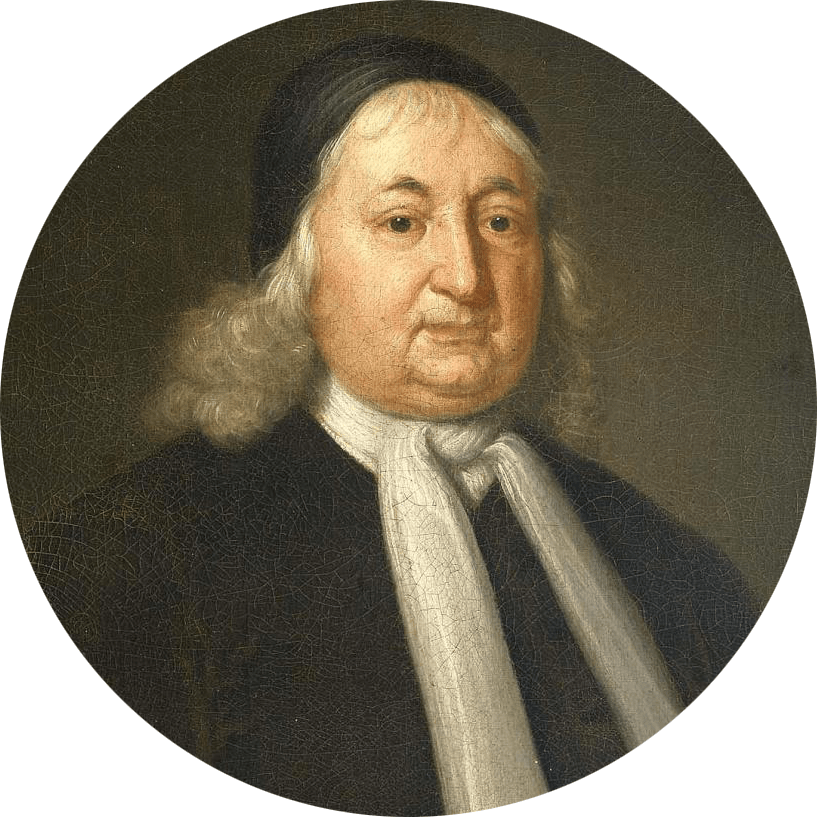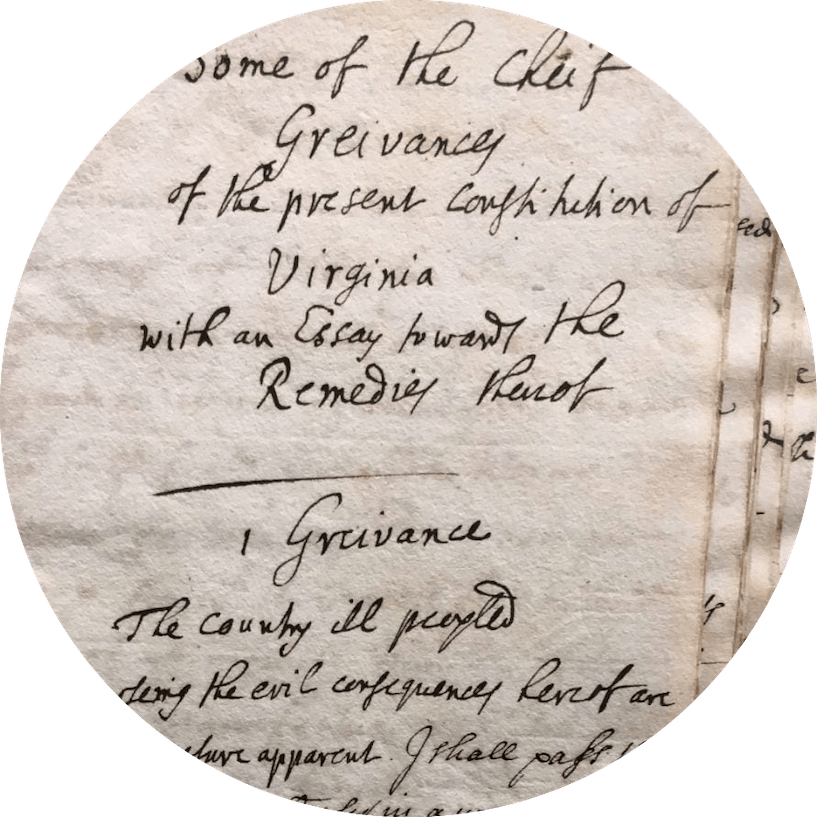Whig Moments
The Glorious Revolution led in England to some basic reforms in government and some important statements of rights, especially the English Bill of Rights of 1689. With James II’s departure (and the lapse of the licensing act in 1695), the decade of the 1690s was rich with critiques of absolute monarchy and defenses of “democratical” ideals such as Algernon Sidney’s Discourses on Government and John Locke’s Two Treatises of Government, both of which would later influence the American Revolutionaries. Old arguments for a strong monarch, however, remained powerful. The period following the Glorious Revolution would witness some of the most fierce, and open, debate about the nature and legitimacy of power in the English Empire. At the same time, it also witnessed challenges to slavery (some of them led by John Locke, and one at least—a crucial court case that reversed the high court’s stance on whether people could be simple property) made with the explicit approval of King William III. As the nation and empire approached the 18th Century, the debates over the legitimacy of power, the proper hierarchy of people, and slavery, became more intense.
The rights gained in England did not necessarily extend to the colonies. While the Glorious Revolution did lead to the creation or restoration of assemblies in most colonies, the monarch and royal officials still held significant power. Though it was more acceptable to espouse radical ideals, and push back against absolute monarchy at home (at least until William’s death in 1702) in the colonies the ideas (and in some cases the people) that had been the bedrock of the Stuart monarchs survived especially in the practice of African enslavement, and were used to bolster the institution.
This chapter features documents reflecting the continued struggle over rights in the aftermath of the Glorious Revolution, showing the attempts and challenges to embracing the promises of the Glorious Revolution and to ideals that many would later associate with the Enlightenment.






